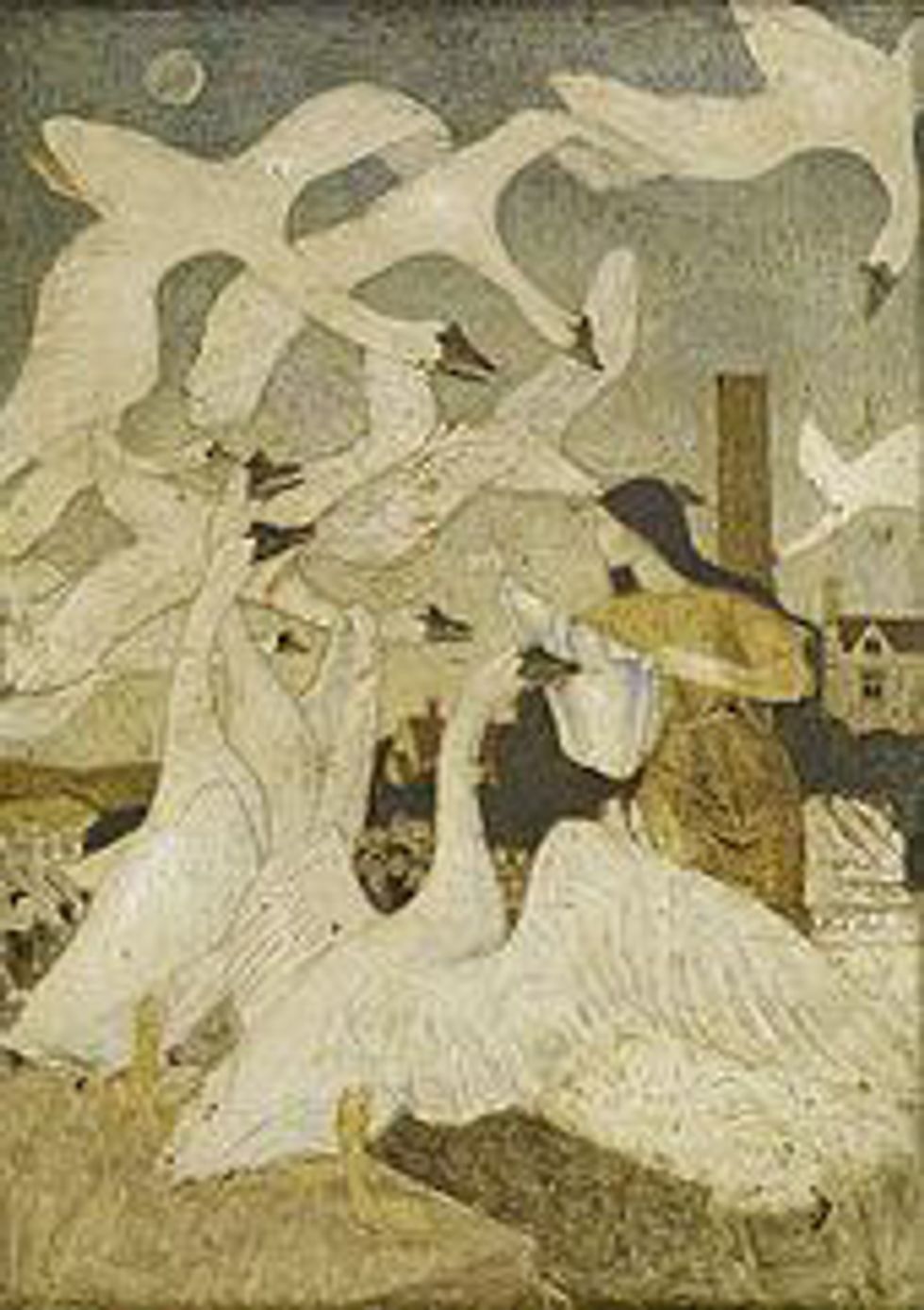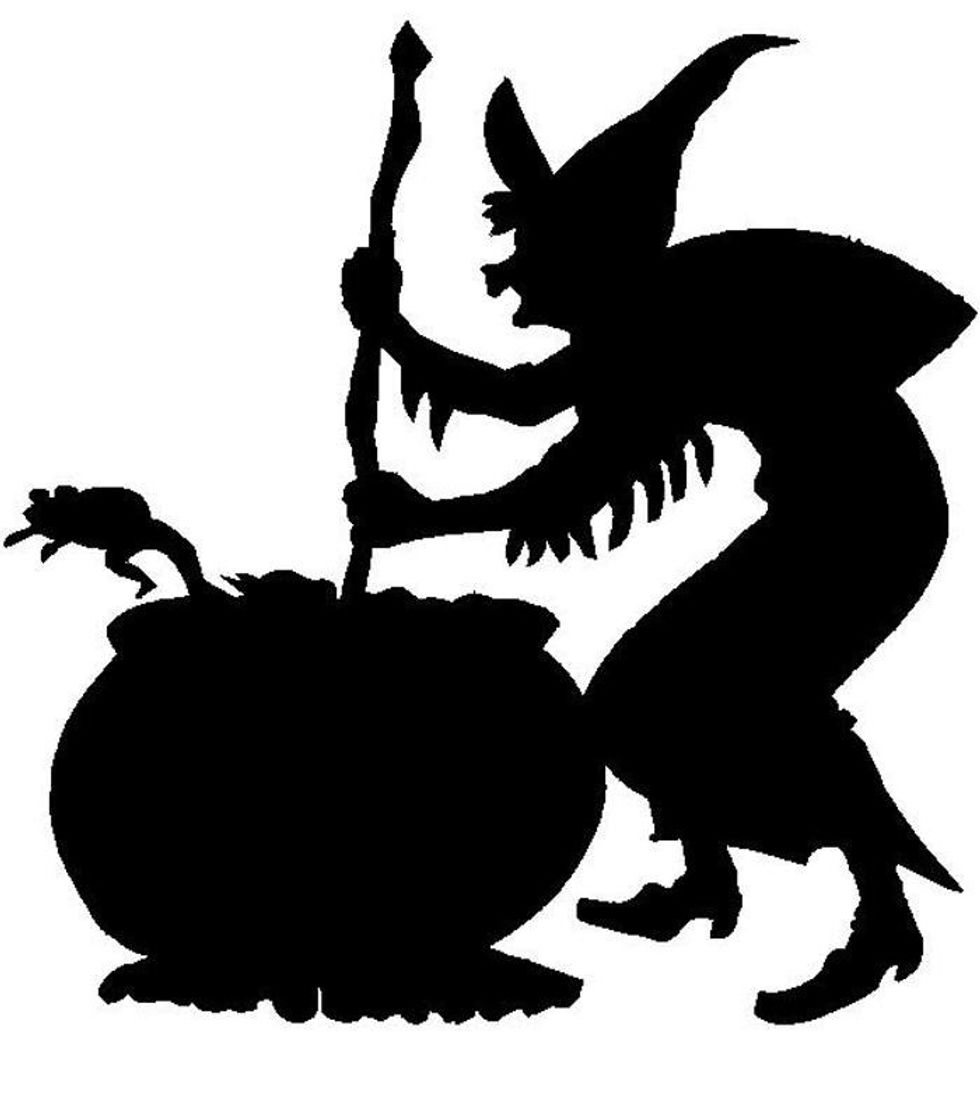One of my favorite figures in fairy tales has always been the Witch. No other character is more mysterious than her, who can be the same as the Evil Stepmother, assume a position closer to the Fairy Godmother, or simply be this outcast that lives in the woods, uncivilized and ready to eat little children. I don't remember seeing her as whole only through this last facet, and I guess it's thanks to the Wild Swans and my parents. In the tale, the heroine is almost burnt at the stake, accused of witchcraft, only because she was trying to save her brothers. My parents were kind enough to let me aware, at age 6, of what were the Witch Hunts and how women were invariably punished for the most absurd crimes. I understood, then, that "witch" was no synonym for "evil".
But if the Witch is not this ugly, wrinkled, and malicious crone, then who is she? Is she the lustful young woman, who tricks men and, because of her conduct, is no more than that same old childless granny, only a few years earlier? It's no coincidence that, during inquisition, these types were the most hunted; but what came first? Isn't the Witch in her most stereotypical facet very alike to the women who defied the norms of conduct of the Church, going after knowledge and refusing to have a life based on serving a husband and the children? It's clear, at least for me, that the "Evil Witch" is a mere social construct, a deformation of the original archetype.
If we go search for the Witch on works preceding Christian thought, we can easily find her on Hecate, Medea, Circe... I think it's even possible to say that every pagan goddess has a bit of a Witch on herself. And which is this characteristic that unites them all? Their independence. She is neither good nor bad - she does what she wants. Physically weaker, women rely on their words, and thus enter the spells. Here, you have a Witch. Not a malignant being in communion with the Devil, but the female facet of power. No surprise she has been the outcast for so long. The Witch is many times seen as someone who lives in a limbo between the real world and the fantastical one, not having a place in neither of them. Too unlawful for society, too attached to the flesh for a spiritual life. Not a Mother, not a Priestess. But she wasn't always like this, and is finding her way not to be any longer.
Some people have already stated that we now live in a world of witches, and I believe it's true. As we take away from an archetype what was not inherently his, we find truths about ourselves, and I take this as a high one. Modern storytellers have already understood this new (or age-old?) concept, and it's each time more common that we come to sympathize with rewritten versions of once despised characters. In the movie The Witch for example, the story unfolds around the exact statements made by the Malleus Maleficarum, the rule-book of the inquisitors. What proves how we have changed, though, is our reaction to the finale: there's quite a feeling Thomasin did the right thing. The polarization between God and Satan is no longer present in our lives, as we come to comprehend that there isn't a pair of rules setting apart the right from the wrong, much less rules that change accordingly to our gender. The world we live in, the world we want to live in, embraces the Witch. Lost since the ancient days, she again finds her place, as she gains life in the spirit of every woman.




















